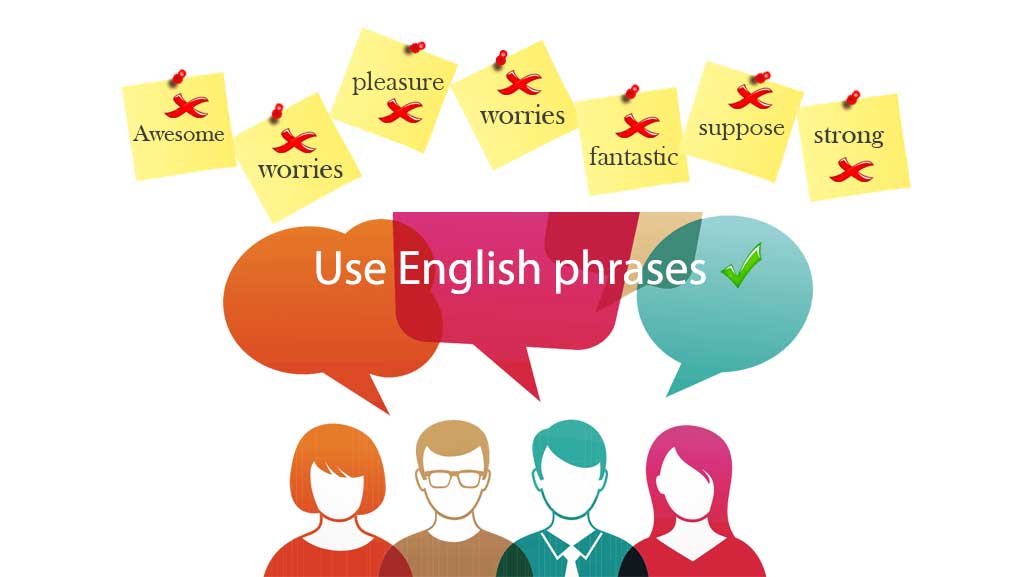Language is a fascinating aspect of human culture, constantly evolving and adapting over time. As we go about our daily lives, we often use words and phrases without giving much thought to their origins. However, delving into the history of common expressions can uncover intriguing stories, cultural influences, and surprising connections. In this article, we will embark on a linguistic journey, exploring the fascinating origins of some everyday words and phrases that we often take for granted.
“Break the Ice”:
When people meet for the first time or need to initiate a conversation in an unfamiliar setting, they often “break the ice.” This phrase has its roots in the world of sailing. In the past, ships would get trapped in frozen waters during winter. To free the trapped vessels, other ships would come to their aid and break the ice to create a safe passage. Over time, this nautical term began to be used metaphorically for initiating social interactions.
“Rule of Thumb”:
We often use the phrase “rule of thumb” to refer to a general guideline or approximation. Its origins can be traced back to a practice in medieval England where craftsmen used their thumbs as an approximate measuring tool. This rule was not precise but provided a practical estimation for measurements, giving birth to the phrase we use today.
“Bite the Bullet”:
When faced with a difficult or unpleasant task, we sometimes encourage ourselves or others to “bite the bullet.” This phrase has its origins in historical medical practices. During surgeries or amputations in battlefields or primitive medical settings, patients would bite on a bullet to endure the pain without attracting attention or alarming others. Eventually, the phrase came to symbolize facing hardships or enduring something challenging with courage.
“Saved by the Bell”:
In situations where someone narrowly avoids a negative outcome, we often say they were “saved by the bell.” This phrase dates back to the 19th-century practice of placing a string attached to a bell inside coffins. This precautionary measure was taken to prevent people from being mistakenly buried alive. If someone unexpectedly regained consciousness in the coffin, they could ring the bell and alert others. Thus, being “saved by the bell” means being rescued from a dire situation at the last moment.
“Piping Hot”:
When we describe something as “piping hot,” we imply that it is extremely hot or freshly prepared. The origin of this phrase lies in the world of cooking. In the past, before modern kitchen appliances, chefs would use long, narrow tubes, called “pipes,” to blow air through the fire to intensify the heat and quickly cook food. Hence, when food was served fresh and hot from the fire, it was referred to as “piping hot.”
Exploring the origins of common words and phrases unveils the rich tapestry of human history and cultural influences embedded in our everyday language. From maritime adventures to medical practices and historical customs, our words carry hidden stories waiting to be discovered. The next time you use a common expression, take a moment to appreciate the surprising origins behind it. Language truly connects us to the past, reminding us of the diverse and intriguing paths that have shaped our present-day vocabulary.
Take a look at some common words and phrases

Certainly! Here are some common words and phrases used in day-to-day life:
- “Hello” and “Goodbye”: Greetings and farewells are fundamental parts of daily interactions, whether in person, over the phone, or through digital communication.
- “Thank you” and “You’re welcome”: Expressing gratitude and acknowledging gestures of kindness is essential in daily life and fosters positive relationships.
- “Please”: Using the word “please” when making requests or asking for assistance demonstrates politeness and respect.
- “Sorry” or “Apologies”: Acknowledging mistakes or unintentional actions that may have caused inconvenience to others is important in maintaining healthy relationships.
- “Excuse me”: This phrase is used to politely get someone’s attention, ask for assistance, or make way in a crowded space.
- “How are you?”: A common greeting used to inquire about someone’s well-being or to start a conversation.
- “I’m sorry for your loss”: A phrase used to offer condolences and express sympathy when someone experiences a bereavement.
- “How can I help you?”: A question commonly asked in customer service or when offering assistance to others.
- “See you later” or “See you soon”: Common phrases used to indicate a future meeting or encounter with someone.
- “What’s up?” or “How’s it going?”: Informal ways of asking about someone’s current status or well-being.
- “Where is the nearest…”: A phrase used when seeking directions or information about nearby locations or services.
- “Can you repeat that, please?”: A polite request for someone to repeat what they just said when there is a need for clarification or better understanding.











